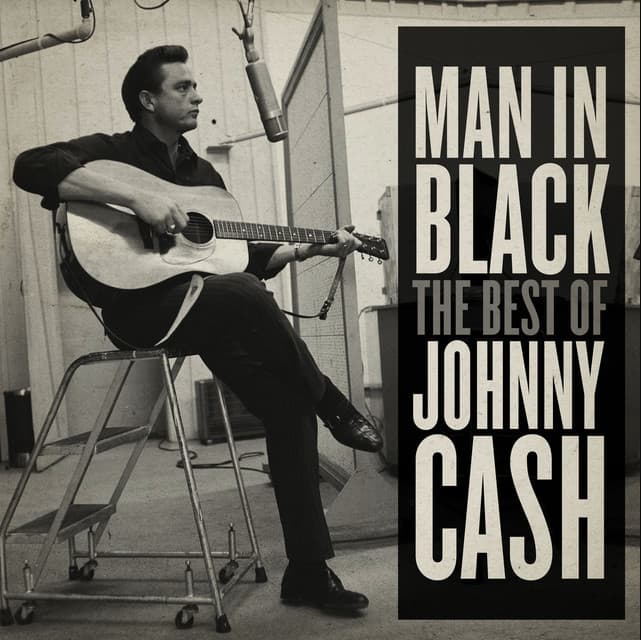
Johnny Cash: A Deeper Look into “Man in Black” and Its Lasting Impact
Johnny Cash, an artist synonymous with the sounds of rebellion and the struggle against social injustices, left an indelible mark on the music industry with his 1971 hit, “Man in Black”. This song is not just a piece of music; it’s a powerful protest against societal disparities, the treatment of the impoverished, mass incarceration, and the ramifications of the Vietnam War.
Written and recorded for his album of the same name, “Man in Black” showcases Cash’s deep empathy and outspoken nature. His choice of dark attire, which earned him the nickname “The Man in Black,” was more than just a fashion statement—it was a symbol of solidarity with the less fortunate and a protest against the glaring inequities of society.
The genesis of this song is as compelling as its lyrics. Cash was inspired to write “Man in Black” after conversing with audience members from Vanderbilt University. This interaction sparked a profound reflection on societal issues, which he urgently put into words. Remarkably, he revised the song just moments before performing it live, using lyric cards to guide him through this freshly minted composition. The response was immediate and overwhelming, culminating in a standing ovation—an unmistakable sign of the song’s resonance with the audience.
In its essence, “Man in Black” goes beyond the personal narrative of Johnny Cash; it’s a narrative of the people, for the people. The lyrics serve as an explanation for his sartorial choice, rooted in a deep-seated need to remind the audience of the grim realities many faced daily. This song became a voice for the voiceless, a musical outcry that demanded attention and spurred conversation about pressing societal issues.
The impact of “Man in Black” extended well beyond its initial release, reaching various artists across different genres and decades. In 1991, the Christian punk band One Bad Pig reinterpreted the song in their album I Scream Sunday, with Cash himself making a guest appearance. The Spanish rock band Loquillo y Trogloditas also paid homage to this classic by recording a cover in Spanish in 1993. In 2020, a modern rendition by Andy Allo introduced this powerful message to a new generation, proving the song’s timeless appeal.
Chart-wise, “Man in Black” achieved considerable success. It climbed to the third position on the US Hot Country Songs chart and reached number 58 on the Billboard Hot 100 in 1971. These numbers, however, barely scratch the surface of its cultural significance and the way it echoed through the hearts of many.
Johnny Cash and “Man in Black” stand as poignant reminders of the power of music as a form of protest and expression. The song not only sheds light on Cash’s personal convictions but also serves as a rallying cry for those who seek justice and equality. As relevant today as it was in 1971, “Man in Black” remains a powerful anthem for social justice, its echoes as resounding now as they were over half a century ago.